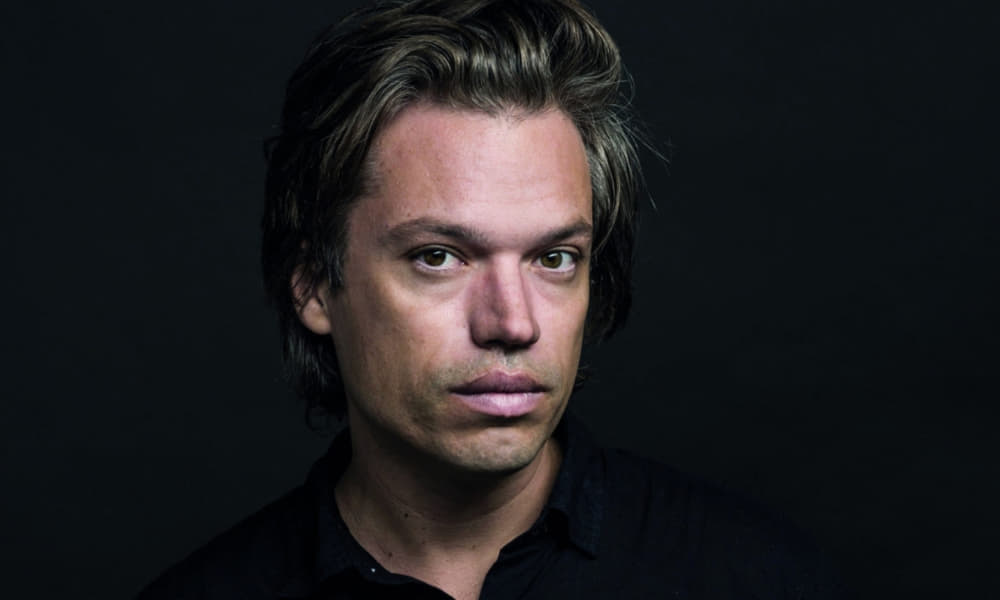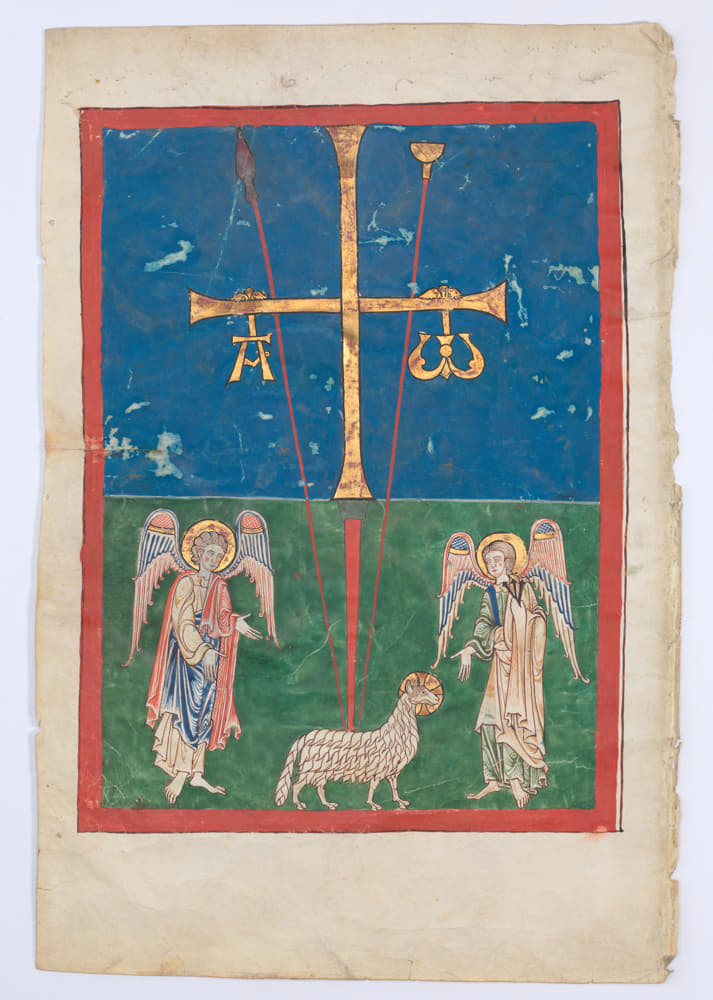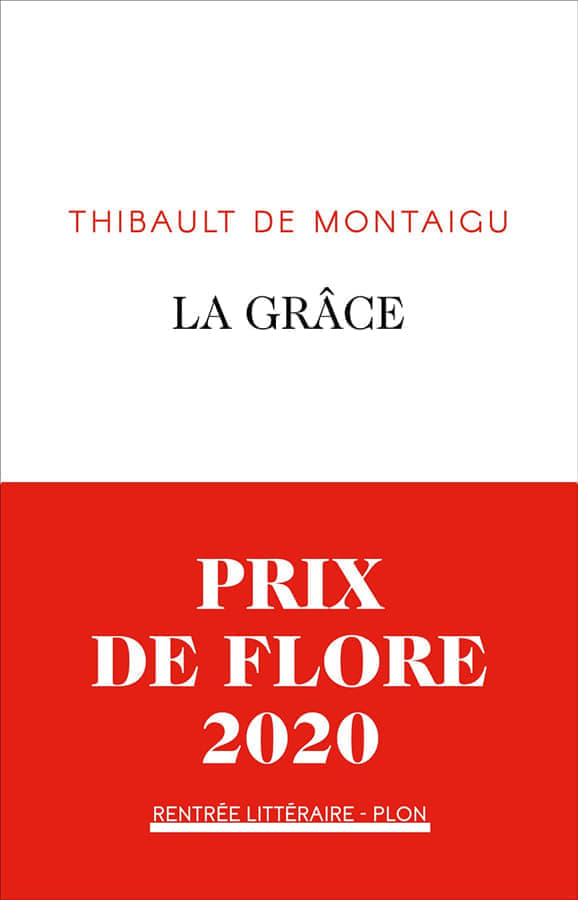Thibault de Montaigu is the author of five novels, the most recent one, La Grace [Grace] recounts his conversion and was awarded the Prix de Flore (2020). He is in conversation with Christophe Geffroy of La Nef, through whose kind courtesy we bring you this interesting discussion.
Christophe Geffroy (CG): For you, is there a “Christian literature?” Does the label “Catholic writer” seem relevant to you?
Thibault de Montaigu (TM): At the end of the 19th century, when this notion was coined, one could distinguish two kinds of Catholic writers, even if very few claimed this label—the official ones like Paul Bourget or Henry Bordeaux, who sought to defend Catholic civilization, and the “converts” like Bloy, Claudel or later Péguy who sought, with fury and intransigence at times, to regain the breath and ardor that modernity was extinguishing. It goes without saying that the former have aged very badly, while the latter retain an eternal radiance and freshness. For it is the Spirit that guides their pen and not their pen that tries to impose the Spirit on their readers.

CG: Can literature be apologetic, explicitly or implicitly? Do you have any examples of works that have made an impression on you in this sense?
TM: Literature, like any artistic experience, is first of all a matter of emotion. Its vocation is not to defend a position but to make you feel the invisible. “My novels do not deliver messages, there are telegraphists for that,” rightly wrote Morand. But apologetics essentially takes the steep path of reason to convince its reader. Even if Pascal in his Pensées can captivate us with his words and his jibes, he will never touch our hearts as St. Augustine does in his Confessions.
CG: How would you define grace, which is also the title of your book its title? Are there, in your opinion, any particular difficulties in giving a literary account of it?
TM: I don’t consider grace from a theological point of view, because I wouldn’t be able to do that, but only from an experiential point of view. For me, it is the unique possibility of a carnal contact with the beyond. This point of tangency between the earthly and the absolute. In other words, it is God who agrees to descend to us in order to raise us up to Him. But obviously words are very poor at telling of such a miracle, because in the very moment when God ravishes us, we cease to exist for ourselves. Consciousness dissolves to let His light and His love penetrate. What can literature do in the presence of His face?
CG: Is there a “Catholic writer” who has had a special impact on you?
TM: St. Augustine never ceases to amaze me; and the genre of confessions, which he invented, was a model for writing Grace. He is the direct inspiration of great mystics whose work I hold in high esteem, such as Saint Teresa of Avila and Saint Angela of Foligno.
As for the moderns, I have a particular tenderness for those who, in their books, relate the struggle in the heart of each man between gravity and grace. Bernanos, of course, but I am also thinking of Julien Green’s magnificent Journal non-expurgated, which Bouquins has just published, or the chiaroscuro poems of Pierre Jean Jouve. It is hard to enclose in one work both the beauty and the misery of man, the mark of original sin—that is to say, of the distance from God—and the possibility of salvation, which is offered to each of us. These authors, to whom I can add Dostoyevsky, tell of this fundamental rupture that is both our cross and our hope.
CG: As a convert, how do you see the Church today and this modern world that seems so far from God?
TM: In writing Grace, I was struck by how the Franciscans, many of whom are men inhabited by a luminous faith, have lost their way in our times by abandoning the robe and sometimes transforming themselves into charities—which is, of course, a large part of their mission but not the only one. Today it is an order that is withering away, while the Augustinians, with whom I had the good fortune to stay in Lagrasse, attract a large number of the faithful and give birth to many vocations. They have kept the habit and the traditional liturgy but also work outside their monastery. Ora et labora. This is, in my opinion, the right balance to keep. God is manifested in love for others but also in the beauty of hymns and churches. I can testify to this, as I was struck by grace during the Office of Compline at Le Barroux Abbey. In the face of the de-structuring of the modern world, the sacred will always remain the greatest bulwark.
Featured: The Lamb at the Foot of the Cross, a leaf from the Beatus Manuscript, ca. 1180.

